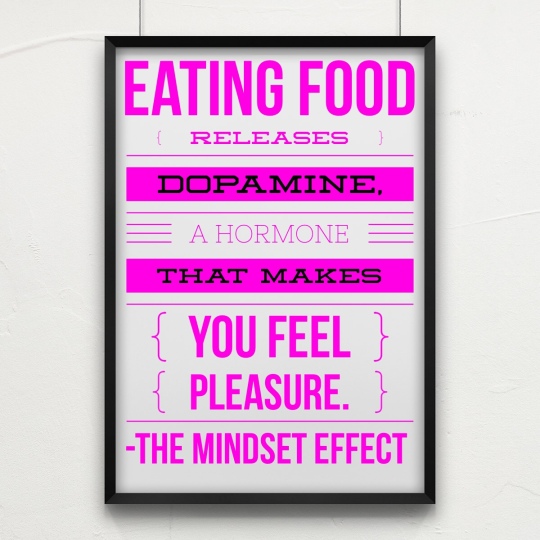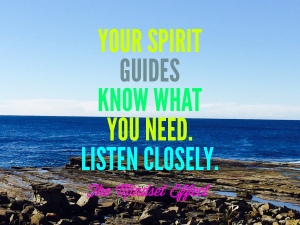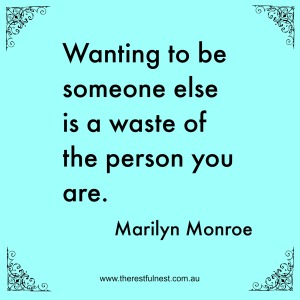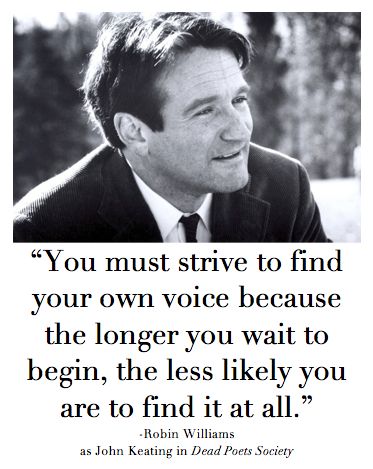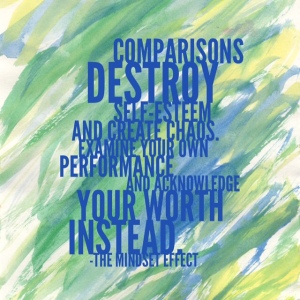Stress and Glorious Food
What is food to you?
Many people would respond with words such as nutrition, fuel, sustenance, energy, life force, nourishment.
Others would say comfort, stress reduction, safety, security, crutch, solace, home.
Which would you choose? I know that for much of my life I have been the second.
The school you feel you belong to says a lot about your beliefs around food and how you use it in your life. I know it does for me
There is one thing for certain in this. Without food to eat, we would not survive. Every system we possess requires the nutrients in food to function effectively. Breathing, heart rate, blood pressure, digestion, nervous system, skeletal system, reproductive system, thought and reasoning system, learning system. Etcetera.
And for this reason we have inbuilt systems to attract us to food to make sure we want to eat.
Every time we eat our brain signals the release of dopamine, one of our feel good hormones. This means that every time we eat we feel pleasure, which is another of those inbuilt programs.
We all have a biological need for pleasure (and on the other side of the coin, to avoid pain). This process is quite complex in terms of the brain structures and functions involved, and much of that is irrelevant for our purposes.
The key point we need to make is this: when we have painful life experiences we will always seek to avoid that pain and to gain some pleasure.
And food is often the go-to method we choose because we have the dopamine released every time we eat and therefore we subconsciously know that it’s sure to make us feel good.
If that is not complicated enough, let’s add another layer …
Everything we learn results in our brains laying down pathways of neurons (called neural pathways, funnily enough) to help us to perform. This includes absolutely everything. Walking, talking, making a sandwich, having a shower, driving a car, thinking, coping, dancing. Everything. If we think about driving a car, for example, the first time we do it we feel pretty awkward, wondering where to look, where to put our hands and feet, trying to remember everything we need to do. As we practice over and over, our neural pathways are layed down and the actions become automatic. Pretty soon we are able to drive through a traffic light and once we’re through, we think, “holy crap, was that light red or green?!”
This is the process that is laying down neural pathways.
The way we cope with stress is no different. As children we learn different ways of coping from the example we have from the adults in our lives. If our example is a healthy one, with positive thinking and an ability to bounce back, this is the pattern that we learn. However, if you are anything like my family (which is very common), we are offered cakes and biscuits (and lots of similar yummy foods) to comfort and ease our boo boo’s. Which can lead to us running for the sweets whenever we are stressed. Can you relate to this as much as I can?
A couple of notes to keep in mind. Firstly, these pathways don’t have to begin in childhood. They can be layed down at any age (which means we cannot blame our parents, sorry lol). And secondly, the types of foods we usually choose to indulge in, whilst it isn’t always the case, commonly contain sugar. We are usually drawn to sugary foods as these produce those pleasurable feelings most easily. And our brain becomes addicted to sugar. Go figure, right?
So what does all this mean for our stress?
In many of our previous posts we have discovered that stress doesn’t feel nice! There are so many things that stress does to us that are detrimental to our body, mind and emotions.
So, since we have this hardwired programming to avoid this kind of pain, we will automatically seek to find something pleasurable to counteract and replace it.
And often that is food, particularly given the programming we have to eat for survival.
Can we change all this programming?
No, unfortunately we cannot. It is hardwired.
Does this mean we are stuck with the habit of stuffing our faces each time we’re stressed?
Again, the answer is no. There are things we can do. And these begin with managing the underlying reason for the stress we are experiencing. Now I understand that sometimes we can’t change the circumstances. However we can manage it by going back to our favourite coping strategy – breathing. Remember Linda’s article on the role of breathing? This simple technique does not just down-regulate the stress response. It engages the relaxation response. It allows us to think more rationally (and therefore consider whether we really need/want the chocolate we’ve been craving), and it also allows us to actively take control of the way we feel. I’d say that is a win-win, wouldn’t you?
One more note to finish with. One of the most important things to understand about the brain is its ability to change. In neurobiological terms this is called neuroplasticity. We need to know though, that these changes take time. You can build new pathways by practicing new skills over and over again, whilst allowing the old ones to remain unused. But trying to learn how not to use food to relieve stress does not happen overnight. We need to practice these skills consistently for months for them to become more automatic. As we work on it, it can be helpful to be gentle with ourselves each time we mess up. We deserve compassion, after all.
